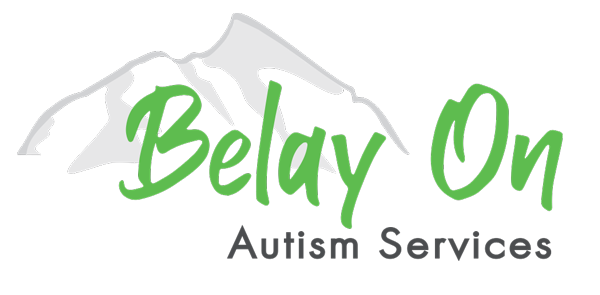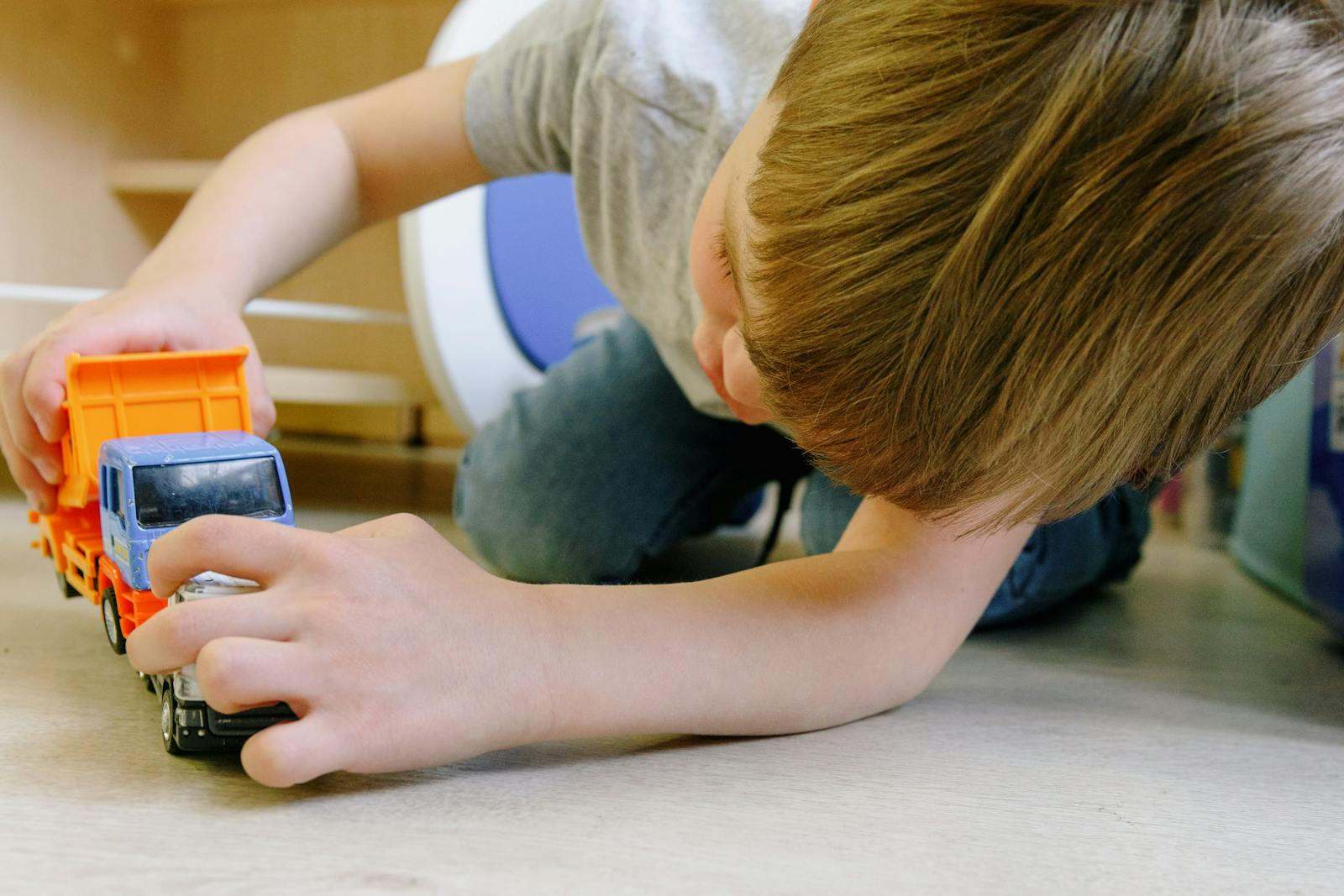Click here to read a short summary of this post.
If you think your child may have autism, the first step is to observe and document any concerning behaviors, like communication delays or repetitive actions. Share these notes with your doctor, who can guide you through the evaluation process. A comprehensive evaluation by a specialist will determine if your child is on the autism spectrum. Once diagnosed, it’s important to seek early intervention through therapies like ABA. At Belay On, we offer personalized ABA therapy to help children develop essential skills and improve their quality of life. Early action can make all the difference in your child’s development. Keep reading to learn how to get started and what steps to take.
As a caregiver, noticing signs that your child may have autism can be overwhelming, but it’s important to remember that early intervention is critical to supporting your child’s development. Research shows that early diagnosis and therapy can significantly improve outcomes, helping children develop key communication, social, and behavioral skills. Taking action promptly can make a world of difference.
Here’s a guide on what steps to take if you suspect your child may have autism.
Key Takeaways
Document your child’s behavior to share with your doctor.
Consult your general practitioner to discuss your concerns and request a referral for a specialist.
Once your child is diagnosed, reach out to Belay On for ABA therapy support and guidance.
1. Document Your Child’s Behavior
The first step in seeking help is to observe and document specific behaviors that concern you. This will help guide discussions with your doctor and specialists.
Some behaviors to look out for include:
- Communication issues: Delayed speech or difficulty communicating needs.
- Social interaction challenges: Difficulty making eye contact, engaging in play, or interacting with others.
- Repetitive behaviors: Actions like hand-flapping, spinning, or repeating the same movement over and over.
- Sensory sensitivities: Overreaction to lights, sounds, or textures.
By keeping a log of these observations, you provide clear examples for your doctor, which helps in the diagnostic process.
2. Discuss Your Concerns with Your Doctor
Once you’ve documented your child’s behavior, the next step is to consult with your family doctor or pediatrician. This is a crucial conversation that will help determine the need for further evaluation.
What to share with your doctor:
- Specific behaviors you’ve documented and how frequently they occur.
- Concerns about your child’s developmental milestones.
- Any family history that may be relevant.
Your doctor will assess the situation and, if needed, refer you to a specialist such as a developmental pediatrician, psychologist, or neurologist to conduct a comprehensive autism evaluation.
3. Seek a Comprehensive Evaluation
Following your doctor’s referral, your child will undergo a more in-depth evaluation by a specialist. This diagnostic process typically includes a series of interviews, observations, and tests that evaluate your child’s communication, social, and behavioral skills.
Common elements of a comprehensive evaluation include:
- Developmental screening: A quick test to evaluate developmental progress.
- Diagnostic evaluation: An in-depth assessment performed by a specialist to determine if your child meets the criteria for autism.
- Speech, behavioral, and cognitive assessments: These tools help pinpoint specific areas where your child may need support.
Once the evaluation is complete, the specialist will provide a diagnosis and discuss therapy and treatment options.
4. Contact Belay On for Support
If your child is diagnosed with autism, the next step is to seek specialized therapies that will address their unique needs. At Belay On, we offer ABA therapy, which is highly effective in improving communication, social skills, and behavior for children with autism.
Once diagnosed:
- Contact Belay On to learn about how we can help through personalized ABA therapy programs.
- Discuss your child’s specific needs and create a therapy plan that addresses key areas of development.
- Start the process of helping your child build essential life skills with the guidance of our experienced therapists.
Wrapping Up: Taking Action Early If You Suspect Autism
If you suspect your child may have autism, you are not alone. Remember that early action is key. By documenting behaviors, consulting with your doctor, seeking a comprehensive evaluation, and reaching out for therapy support, you can give your child the best possible chance for development and success. Our team is here to guide you through the process and provide the help your child needs.
FAQs About Autism
What are the signs of autism in young children?
Common signs include delayed speech, difficulty with social interaction, repetitive behaviors, and sensory sensitivities.
What’s the first step if I think my child has autism?
Document the behaviors you’re noticing and schedule an appointment with your family doctor to discuss your concerns.
Can Belay On diagnose my child?
No, Belay On doesn’t diagnose autism. However, once your child is diagnosed, we provide tailored ABA therapy to help with their development.
What happens after my child is diagnosed?
Once diagnosed, you can contact Belay On to explore ABA therapy options and develop a personalized treatment plan for your child
Why is early intervention important for children with autism?
Early intervention can significantly improve developmental outcomes, helping children build essential skills and reduce challenging behaviors.
Who is Belay On?
We are a North Texas Autism Services company, providing the best standards of care to children in our community that have been diagnosed with autism. Principally Applied Behavior Analysis, or ABA is the bedrock of our in home services.

